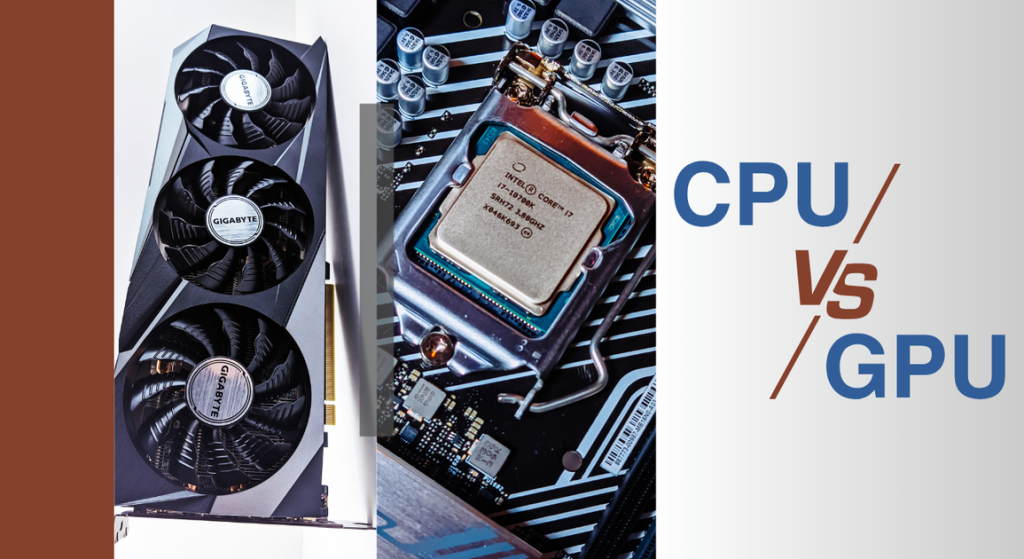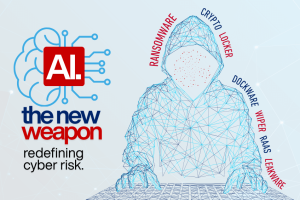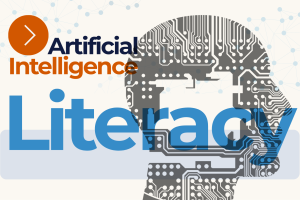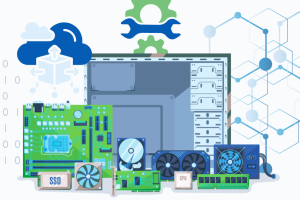Zero Trust Security
Smart Protection for Small Businesses
Why “Never Trust, Always Verify” is the New Cyber Rule
These days, cyber threats are no longer just aimed at large corporations; small businesses are becoming prime targets as well. This shift is prompting more companies to adopt Zero Trust Security, a contemporary approach that considers every user, device, and app as a possible risk until they can be confirmed as safe.
Rather than assuming that everything within your network is reliable, Zero Trust ensures that every access request is checked—every single time. This reduces the scope of breach to the user, device, or location.
How it Works For You
Safeguards sensitive information
From customer data to financial records, Zero Trust helps reduce the risk of phishing, ransomware, and insider threats by checking each access request.
Supports remote and hybrid teams.
Whether your team is working from home, in the office, or on the go, Zero Trust makes sure you have secure access from anywhere and on any device.
Approved for insurance.
Some cyber insurance policies require Zero Trust implemented else your business may not be covered.
Help you stay compliant.
If your business handles personal or financial data, Zero Trust keeps you in line with regulations like HIPAA, GDPR, or PCI DSS.
Minimize damage in case of a breach.
By limiting access and keeping a close eye on activities, Zero Trust can quickly contain threats and lessen the impact of any security incident.
Your Next Move
You don’t need to be a tech wiz to grasp the basics, but being aware of what’s on the horizon can give you an edge, help you make informed decisions, and discover new opportunities before they become widely recognized.
What is Quantum Computing?
Instead of relying on simple on/off switches like traditional computers, it uses unique bits known as qubits, which can handle multiple tasks simultaneously—kind of like multitasking with a serious upgrade.
It’s still in the early stages, but this technology is beginning to make waves in fields like security, data analysis, and smart decision-making—areas that can really help small businesses operate more efficiently and effectively.
What Quantum Computing Means For Your Business?
Smarter Cybersecurity. Quantum technology is already making waves in how we protect our data. Get ready for even stronger encryption tools on the horizon—this is fantastic news for keeping customer information secure.
Faster Decision Making. With quantum computing becoming part of cloud platforms, you can expect to see quicker and more accurate data analysis. This means you’ll have better insights into your marketing, inventory, and customer behavior.
Competitive Edge. Major companies are pouring resources into quantum research. By staying updated now, you can future-proof your business and identify opportunities ahead of the curve.
The Bottom Line
The great news? You won’t have to build a quantum computer or hire a physicist. Just by staying informed and asking the right questions—like how your tech providers are preparing for quantum—you can catch new opportunities early on.
Work Smarter, Not Harder: Scaling With Automation
What Can You Do Now
Scaling up doesn’t mean putting in more hours or working harder—it’s about working smarter. Let automation handle the routine tasks so you can concentrate on growing the business you’re passionate about.
A Simple Breakdown For The Non-Techie
These two processors are designed for different tasks, and selecting the right one can influence everything from performance to scalability. Let’s dive into what each one does and how that can benefit your business in practical terms.
The Quick Breakdown
GPU (Central Processing Unit)
CPU is like the backbone of your computer. It takes care of all the daily tasks, from running your operating system and managing spreadsheets to sending emails and keeping your software running smoothly.
GPU (Graphic Processing Unit)
GPU is all about speed and multitasking—especially when it comes to processing visual data, AI tasks, and heavy computations. It’s what makes fast video rendering, machine learning, and real-time analytics possible.






